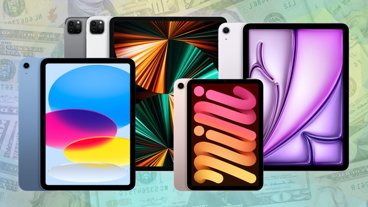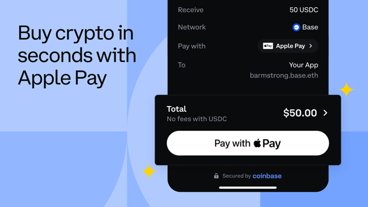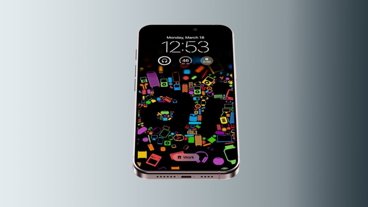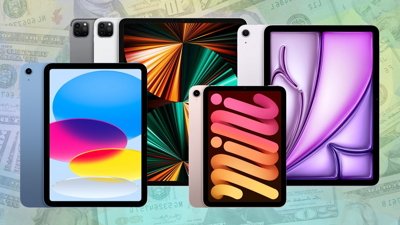"With respect to the iPhone, we are working on it," said Adobe chief executive Shantanu Narayen, responding to a question on the matter from a Jeffries & Co analyst during a quarterly conference call. "We have a version that’s working on the emulation. This is still on the computer and you know, we have to continue to move it from a test environment onto the device and continue to make it work."
Narayen added that he's nevertheless "pleased with the internal progress" that's been made to date.
The Adobe chief's comments come one day after AppleInsider revealed that Apple at its developers conference last week was encouraging community members to adopt open source technologies like SproutCore — from which it built portions of its new MobileMe service — as a means of developing rich internet applications, rather than get hung up on proprietary browser plug-ins like Flash.
This isn't necessarily a new message on Apple's part. The Cupertino-based electronics maker has been advocating for the past year that iPhone developers make use of modern open standards as a means of promoting true interoperability and cross platform independence for next-generation internet applications.
This stance was partially driven by the company's determination to prevent the shabby Flash experience on its Mac platform from spilling over to the iPhone. Since Flash code is interpreted not by the Web browser but rather a plug-in, that's left Apple and other platform vendors reliant on Adobe to provide a suitable and stable runtime environment. That didn't happen with the Mac, as Adobe focused the majority of its efforts on polishing the Windows plug-in while the Mac version fell behind in both features and performance.
Apple chief executive Steve Jobs has also been openly critical of Adobe's fragmentation of Flash into desktop and "Lite" versions, stating that neither are suitable for use on his company's handheld products. Specifically, he said the desktop version "performs too slow to be useful" on the iPhone while Flash Lite is similarly useless in that it's not fully capable of running the plethora of content written for the desktop version.
Adobe, however, remains determined to deliver a version of Flash for the iPhone that would be distributed for free as a standalone application. That's assuming Apple, which has refused to aid the company in its mission outside of handing over its standard iPhone developer tools, accepts the finalized software into its upcoming App Store.
In the meantime, Adobe is also touting its Open Screen Project, which aspires to open portions of the Flash specification and partner with a consortium of companies to push the technology as a viable platform for rich internet apps. But as was noted in AppleInsider's three-part Flash Wars series, it won't matter much given that today's internet is dominated by Microsoft, Google, and Apple, none of which have Flash up on a pedestal.
 Katie Marsal
Katie Marsal













 William Gallagher
William Gallagher
 Sponsored Content
Sponsored Content
 Malcolm Owen
Malcolm Owen

 Mike Wuerthele and Malcolm Owen
Mike Wuerthele and Malcolm Owen

 Andrew Orr
Andrew Orr
 Wesley Hilliard
Wesley Hilliard








53 Comments
Apple is not gonna take it! =) LOL
Apple has a great deal of influence over OS and hardware design, but almost none over web design. They will not sway a significant number of people writing for Flash over to other technologies... the iPhone really needs Flash for the segment of people who use it regularly.
I thought flash was dead....lol.
Apple has a great deal of influence over OS and hardware design, but almost none over web design. They will not sway a significant number of people writing for Flash over to other technologies... the iPhone really needs Flash for the segment of people who use it regularly.
I think the point is that other more open technologies are quickly replacing the need for Flash. Also, it's *because* Apple has such a great influence over hardware and now OS design, that their decision to push other technologies in place of Flash is gaining the traction it is.
Curious how the current Apple adds on Engadget are in Flash... Apple can't singlehandedly ban Flash of the internet. Considering how easy it is to make amazing stuff in Flex, I don't see the need either. It might be a resource hog on some systems, but that's not something that can't be fixed I think.